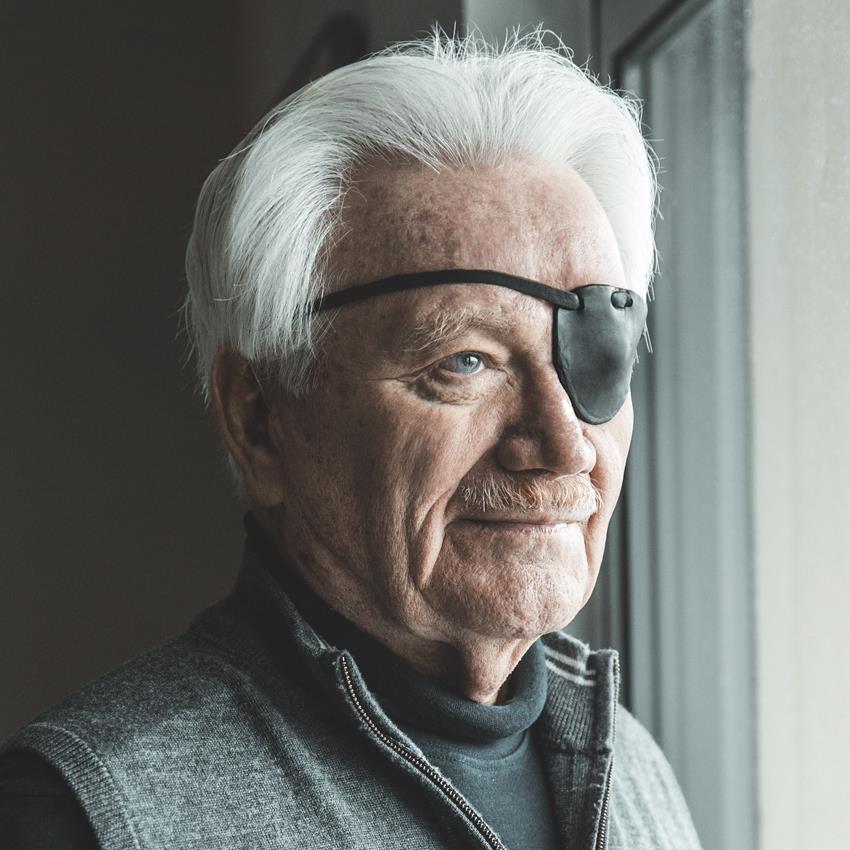 Ron Posno's presentation on Dying with Dignity underlined the importance of planning details for end of life. Surprisingly, 65% of Canadians do not have a will. Many have not had a discussion with family members about their wishes in the event of incapacity or suffering from an incurable disease. Ron talked about the history of Medical Assistance in Dying (MAID) and the status of the legal framework and issues individuals need to take into account.
Ron Posno's presentation on Dying with Dignity underlined the importance of planning details for end of life. Surprisingly, 65% of Canadians do not have a will. Many have not had a discussion with family members about their wishes in the event of incapacity or suffering from an incurable disease. Ron talked about the history of Medical Assistance in Dying (MAID) and the status of the legal framework and issues individuals need to take into account.MAID legislation came into effect after a supreme court ruling in 2015. The ruling removed assistance in dying by a physician as a cause for prosecution for murder. As late as 1972 suicide was illegal in Canada and assistance in suicide was considered murder.
Currently one must be suffering from an incurable disease to be eligible for MAID. There is no timeline for the expectation of death. Prior to assistance in dying a physician is required to confirm the individual’s wish to proceed with ending their life. This is complicated for individuals who have been cognitively impaired or suffering from dementia. The specific rules surrounding MAID vary by province.
Some of the things Ron suggested are having a will, advance directives, a do not resuscitate document (DNR) and a waiver of final consent.

